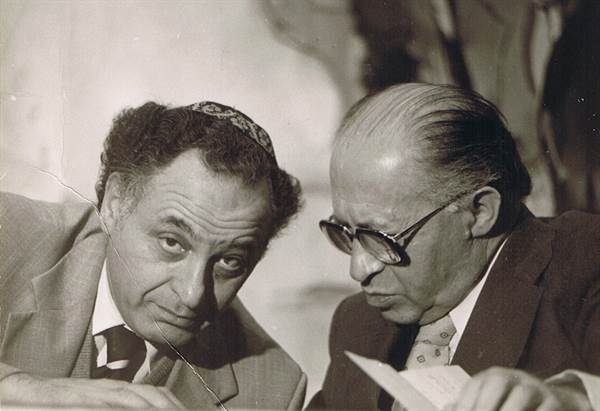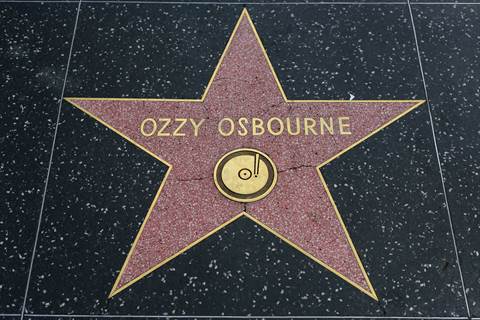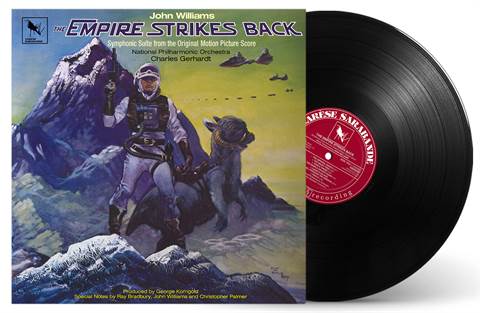
Yehuda Avner had seen all of these events unfold from an insider's perspective. He was an Israeli prime ministerial advisor, and diplomat, for many years serving as Speechwriter and Secretary to Israeli Prime Ministers Golda Meir and Levi Eshkol, and as Advisor to Israeli Prime Ministers Yitzhak Rabin, Menachem Begin, and Shimon Peres. He wrote a bestselling memoir, The Prime Ministers that has now been made into a two part documentary. The second of the two films, The Prime Ministers: Soldiers and Peacemakers, opens November 6, 2015.
At almost two hours long, the movie mostly chronicles the events during Rabin's and Begin's time in office. Avner discussed trips to Washington D.C. as the United States tried to facilitate brokering some type of peace treaty between the countries in the region, and the frustrations of the Prime Ministers as those talks usually ended without much resolution. He spoke about Begin's and Sadat's talks and meetings which, ultimately, led to the Egypt-Israeli Peace Treaty in 1979 and the Entebbe raid which successfully brought home Israeli hostages.
Director Richard Trank (Winston Churchill: Walking with Destiny) does an excellent job intertwining the interview with Anver with photographs and news footage of the events that unfolded in the latter half of the 1900's. He also shows a more personal side of the Prime Ministers, as Avner gave insight into the private lives of these great individuals. With Michael Douglas (Ant-Man) and Christopher Waltz (Inglorious Basterds) lending their talent to the voices of Rabin and Begin respectively, the film is well produced and, for the most part, has a natural flow.
I think my only two criticisms of the film are the constant music bed throughout the movie and the ending. The music, while adding a nice layer of authenticity, was threaded under most of the film, even when Avner was speaking, and, at times, it was distracting almost to the point of annoyance. The ending of the film also took an unexpected turn when Trank suddenly cut to Avner speaking about his deceased sister-in-law and her last letter written to her family. While I believe Trank was trying to show the more human side of the Middle East conflict, I didn't feel that segment was all that relevant to what was discussed in the previous hour and 45 minutes and made the ending a little disjointed for me.
I think the film showed a realistic view of the Prime Ministers from one man's perspective, and I found myself engaged in what Anver had to say. It would be interesting to see the opposition's perspective on the events discussed, but that was certainly not the focus of this movie and would probably take more than 2 hours to present. When Avner died this past March, we lost a wealth of inside knowledge about the early days of the state of Israel, and we are lucky to have his memoir and, now, two documentaries chronicling his time serving his country.
Grade: B



